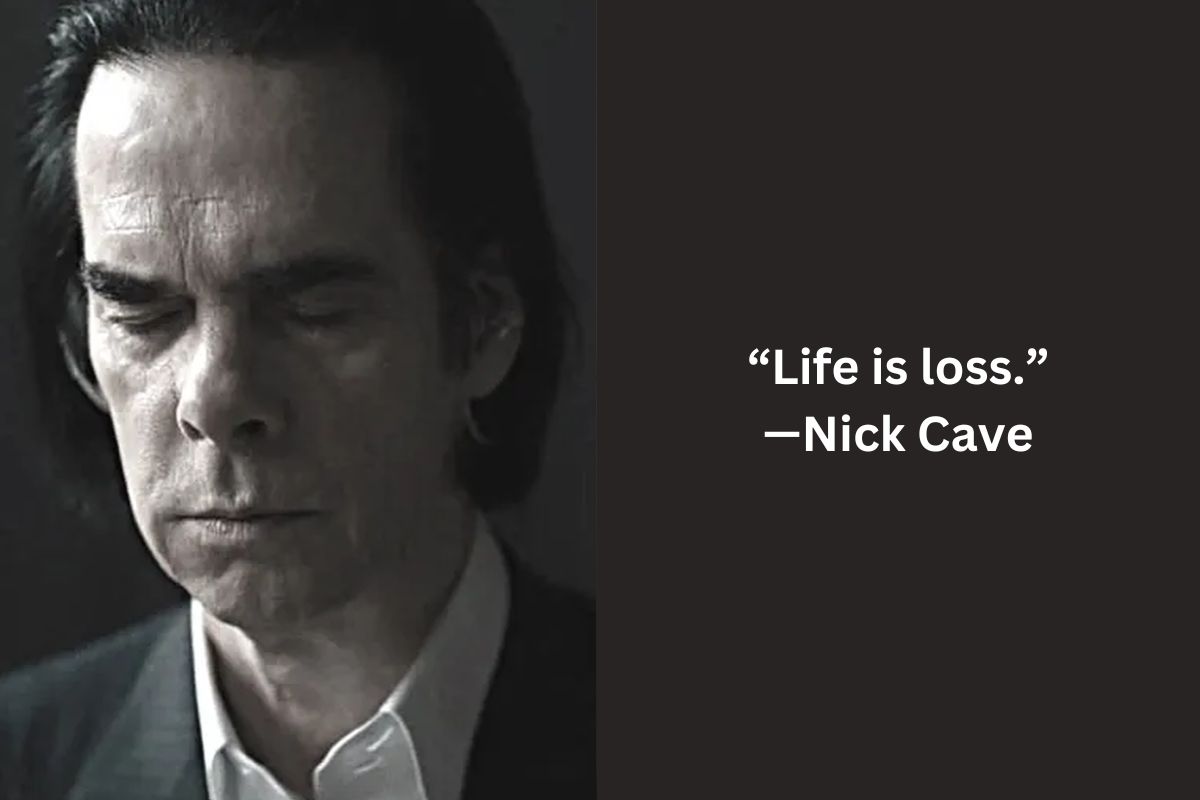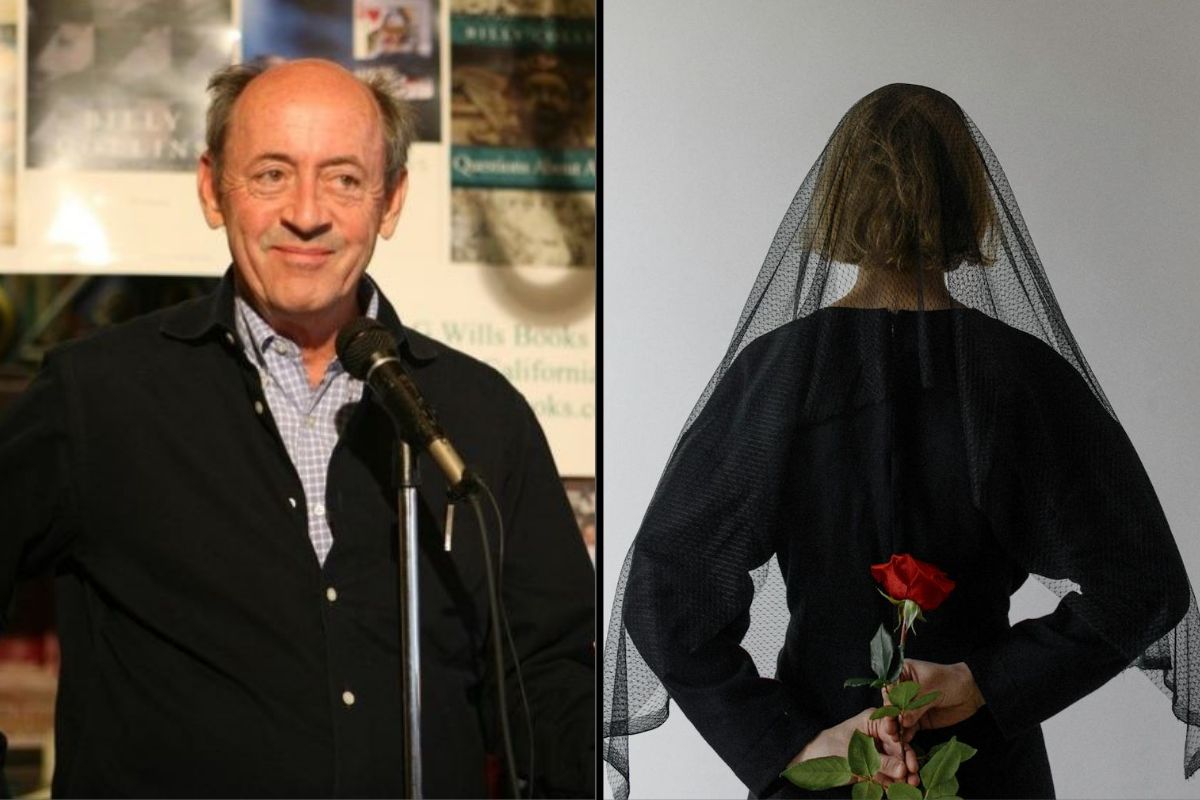 “Loss can wound and paralyze,” David Kessler wrote in his meditation on death and the art of living. “But finding meaning in loss empowers us to find a path forward.” If you’ve lived long enough, you’ve encountered loss in one way or another — it could’ve been one of your parents, your spouse, or your friend. The experience of it forever alters your perception of reality: It makes you keenly aware that a moment will come when all will end. So how do we deal with this paralyzingly difficult subject? What should we do when loss does come and metastasize into all-consuming grief? A recent visit to grief.com reminded me of powerful books that can help us move through this barely survivable experience, and in this post I would like to share seven of them.
“Loss can wound and paralyze,” David Kessler wrote in his meditation on death and the art of living. “But finding meaning in loss empowers us to find a path forward.” If you’ve lived long enough, you’ve encountered loss in one way or another — it could’ve been one of your parents, your spouse, or your friend. The experience of it forever alters your perception of reality: It makes you keenly aware that a moment will come when all will end. So how do we deal with this paralyzingly difficult subject? What should we do when loss does come and metastasize into all-consuming grief? A recent visit to grief.com reminded me of powerful books that can help us move through this barely survivable experience, and in this post I would like to share seven of them.
1. On Grief and Grieving: Finding Meaning of Grief Through the Five Stages of Loss
A modern classic text on the crucial role of grieving in dealing with loss, by the author who first explored the now famous five stages of grief—On Grief and Grieving is an invaluable blend of Kubler-Ross’s practical wisdom, case studies, and her own experiences and spiritual insight.
Elisabeth Kübler-Ross’s On Death and Dying changed the way we talk about the end of life. Before her own death in 2004, she and David Kessler completed On Grief and Grieving, which looks at the way we experience the process of grief.
Just as On Death and Dying taught us the five stages of death—denial, anger, bargaining, depression, and acceptance—On Grief and Grieving applies these stages to the grieving process and weaves together theory, inspiration, and practical advice, including sections on sadness, hauntings, dreams, isolation, and healing.
2. Grief Works: Stories of Life, Death, and Surviving
Grief Works is a lifeline for all of us dealing with loss and a handbook to help others—from the “expected” death of a parent to the sudden and unexpected death of a child or spouse. Death affects us all. Yet it is still the last taboo in our society, and grief is still profoundly misunderstood.
Julia Samuel, a grief psychotherapist, has spent twenty-five years working with the bereaved and understanding the full repercussions of loss. In Grief Works, Samuel shares case studies from those who have experienced great love and great loss—and survived. People need to understand that grief is a process that has to be worked through, and Samuel shows if we do the work, we can begin to heal.
3. On Grieving the Death of a Mother
Losing a mother is a difficult transition in life. No matter the status of the relationship, grieving the loss is a process — one that sometimes begins before the physical loss has occurred. Drawing on his own experience of loss, as well as those of others, Harold Ivan Smith guides readers through their grief, from the process of dying through the acts of remembering and honoring a mother after her death.
On Grieving the Death of a Mother provides a way forward. By shifting the grief process from something to rush through, Smith encourages readers to embrace their grief as a natural response to loss and to give themselves time to work through the sadness, pain, memories and reality of living without mom. All of us will experience the loss of our mothers at some point. A mother’s last breath inevitably changes us. Through wise counsel, Smith speaks gently to those who have gone through this loss and helps those who are yet to face it.
4. On Grieving the Death of a Father
Not many books have been written to help the grieving son or daughter deal with the new reality of a deceased father. On Grieving the Death of a Father combines personal stories from Frederick Buechner, Norman Vincent Peale, Corrie ten Boom, James Dobson, and many other well-known people to help others through their grieving process.
5. When The Bough Breaks: Forever After the Death of a Son or Daughter
When the Bough Breaks presents a breakthrough concept of mourning, documenting the process of evolution from initial grief to an altered outlook on life. Excerpts from interviews with 50 parents who lost a child … trace the road from utter devastation to a revised view of life, resulting in a work that is a tribute to resilience and the indomitable human spirit.
Author Judith R. Bernstein, Ph.D., speaks from the dual perspectives of bereaved parent and psychologist. She weaves keen psychological insight with the voices of parents to achieve an intelligent volume that is at once heartbreaking and heartwarming. The wisdom of her science and her heart combine to result in a book that teaches the psychology of bereavement with profound tenderness.
6. I’m Grieving As Fast As I Can: How Young Widows and Widowers Can Cope and Heal
I’m Grieving As Fast as I Can … is a guide for young widows and widowers through the normal grieving process that highlights the challenging circumstances of an untimely death.
This updated version of the popular book considers the impact of 21st century “killers” such as COVID-19 and wars in Iran and Afghanistan, among other causes. Young widows and widowers share thoughts and dilemmas about losing a loved one, what to tell young children experiencing a parent’s death, returning to work, and dealing with in-laws.
From anger to guilt to suicidal feelings and desires for sex, the book explores the deep feelings of someone who has experienced the profound loss of a partner. The author also gently guides the reader toward hope and options.
7. There Is No Good Card for This: What To Say and Do When Life Is Scary, Awful, and Unfair to People You Love
The creator of the viral hit Empathy Cards teams up with a compassion expert to produce a visually stunning and groundbreaking illustrated guide to help you increase your emotional intelligence and learn how to offer comfort and support when someone you know is in pain.
When someone you know is hurting, you want to let her know that you care. But many people don’t know what words to use—or are afraid of saying or doing the wrong thing.
There Is No Good Card for This from empathy expert Dr. Kelsey Crowe and greeting card maverick Emily McDowell, blends well-researched, actionable advice with the no-nonsense humor and the signature illustration style of McDowell’s immensely popular Empathy Cards, to help you feel confident in connecting with anyone experiencing grief, loss, illness, or any other difficult situation.
Bonus: Finding Meaning: The Sixth Stage of Grief
Many people look for “closure” after a loss. David Kessler argues that it’s finding meaning beyond the stages of grief most of us are familiar with—denial, anger, bargaining, depression, and acceptance—that can transform grief into a more peaceful and hopeful experience.
[…]
His journey with grief began when, as a child, he witnessed a mass shooting at the same time his mother was dying. For most of his life, Kessler taught physicians, nurses, counselors, police, and first responders about end of life, trauma, and grief, as well as leading talks and retreats for those experiencing grief.
Despite his knowledge, his life was upended by the sudden death of his twenty-one-year-old son. How does the grief expert handle such a tragic loss? He knew he had to find a way through this unexpected, devastating loss, a way that would honor his son. That, ultimately, was the sixth state of grief—meaning. In Finding Meaning, Kessler shares the insights, collective wisdom, and powerful tools that will help those experiencing loss.
Complement this list of best books on grief and grieving with David Kessler on finding meaning after loss and then revisit the art of Japanese death poem.

I’m a freelance writer with 6 years of experience in SEO blogging and article publishing. While you’re here, get the latest updates by subscribing to my newsletter.








